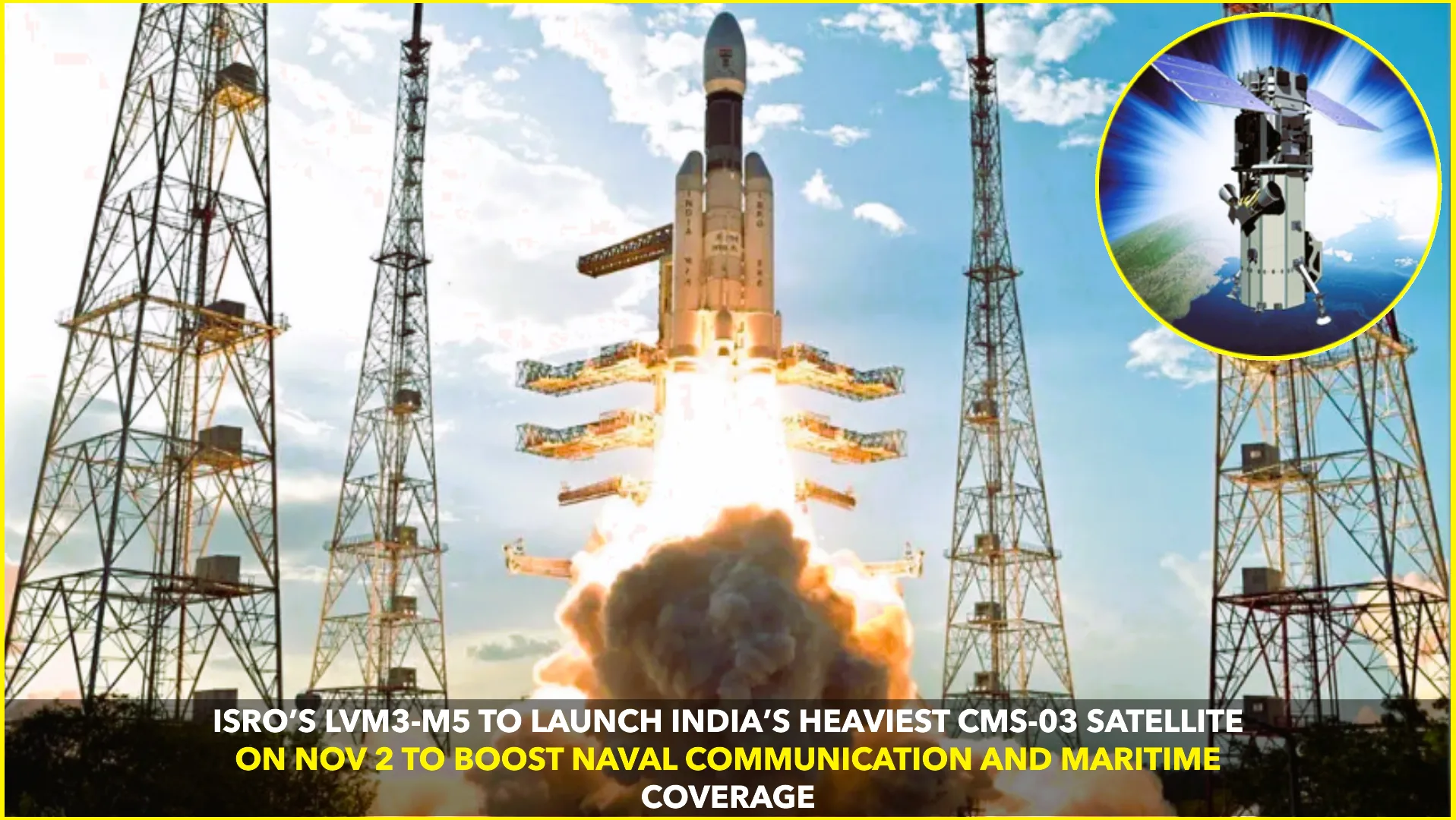India’s digital landscape is poised for a significant transformation as global satellite internet providers, including Elon Musk’s Starlink, Bharti-backed Eutelsat OneWeb, Reliance Jio-SES, and Globalstar, prepare to launch services in the country. These initiatives aim to bridge the digital divide, especially in remote and underserved regions where traditional broadband infrastructure is lacking.
Affordable Satellite Internet Plans
Analysts anticipate that Starlink will introduce promotional unlimited data plans priced under $10 (approximately ₹840) per month to attract a broad user base in India. This strategy is designed to offset high spectrum acquisition costs through economies of scale, targeting up to 10 million users in the medium to long term .
However, the initial hardware costs for Starlink’s services may be substantial, potentially affecting affordability for some consumers . Despite this, the service is expected to offer significant benefits, particularly in areas where laying fiber-optic cables is impractical .The Economic TimesMoneycontrol
Strategic Partnerships and Regulatory Approvals
To facilitate its entry into the Indian market, Starlink has formed partnerships with major telecom operators, including Reliance Jio and Bharti Airtel. These collaborations will leverage the existing retail and distribution networks of the telecom giants to provide Starlink’s satellite internet services across the country .
While Eutelsat OneWeb and Jio-SES have secured necessary regulatory approvals and are awaiting spectrum allocation, Starlink is still in the process of obtaining authorization from the Department of Telecommunications (DoT) and the Indian National Space Promotion and Authorization Centre (IN-SPACe) .ETTelecom.com+5The Times of India+5The Economic Times+5
Government Measures and Market Dynamics
The Indian government is proactively implementing regulatory and monitoring frameworks to safeguard national interests amid the anticipated entry of major global satellite communication players. These measures aim to ensure secure and equitable access to satellite communication services and prevent monopolistic control by foreign entities .
Additionally, the government is intensifying satellite monitoring mechanisms and spectrum safeguards to bolster the country’s strategic and economic autonomy in the field of space-based communications .
Implications for India’s Connectivity Landscape
The introduction of satellite internet services by these global players is expected to significantly enhance internet accessibility across India, particularly in remote and rural areas. By bypassing the need for extensive ground infrastructure, satellite internet can provide consistent connectivity where traditional broadband services are unreliable or unavailable .The Times of India
This development aligns with India’s broader digital initiatives, such as “Digital India” and “BharatNet,” which aim to connect every village to the internet. Satellite communication will be crucial in achieving these goals, especially in regions where laying fiber-optic cables is challenging .Moneycontrol
As these services roll out, they are poised to reshape India’s telecommunications landscape, offering new opportunities for digital inclusion and economic growth.










